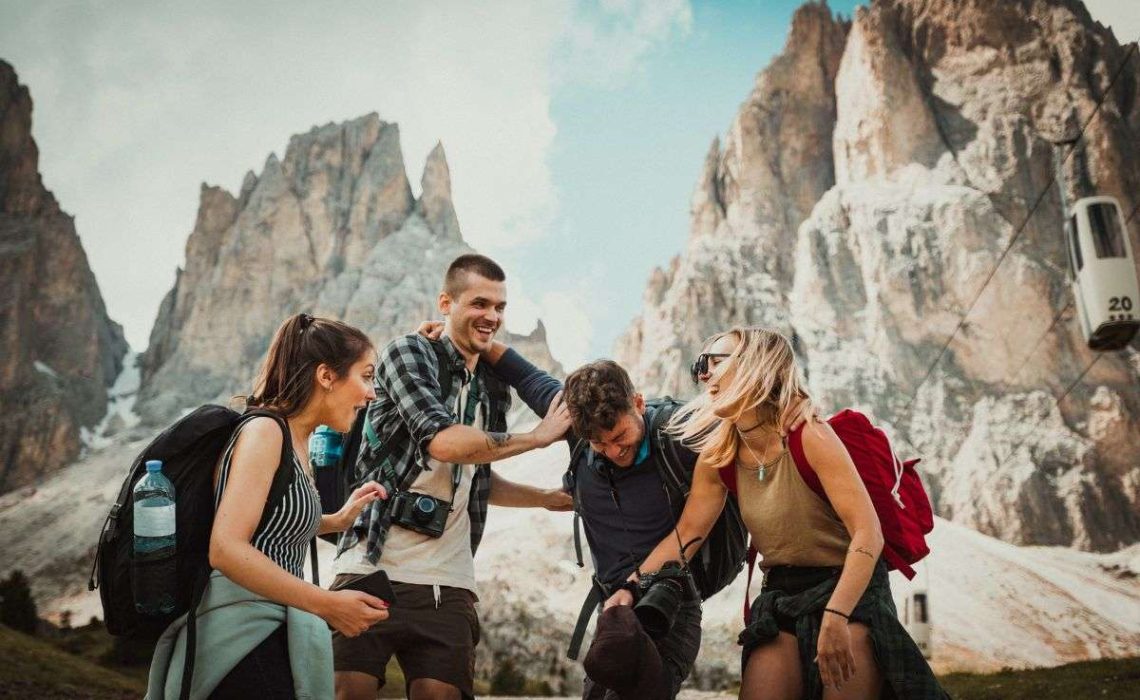Ecotourism, at its heart, is about travelling mindfully. Conventional travel can be quite damaging to local ecosystems, and at times can even harm locals and their culture. Luckily, there are alternatives, like ecotourism, that benefit or protect tourism destinations*.*
The main goals of ecotourism are:
- Travel responsibly to natural areas and protect the environment
- Nourish local communities and economies
- Participate in local cultural and environmental education
Ready to give it a try? Here are five tips to ensure your next trip is ecotourism approved, whether you’re considering globetrotting or a weekend closer to home.
- Think local, spend local. Spend that vacation money you’ve been squirrelling away at locally-owned businesses like markets that employ local people. When your money goes to locals, you lift up the communities you’re visiting. Do some research beforehand to discover the best local spots or ask locals where they recommend when you arrive.
- Find local and sustainable accommodations. Opt for stays owned and operated by locals to support the local economy. Take it a step further by looking for hotels that use sustainable practices.
- Bring your reusables. Waste is a global problem, not just a local one. Though it can be tricky to remember, try to bring a water bottle, coffee cup, cutlery, grocery bag, and/or straw (and if circumstances require you to purchase a “single-use” item, try to reuse it if possible!). In that same vein, be mindful of water use. It’s estimated that tourists use **2-3 times more water than locals, per day.
- Visit and contribute to local organizations. Look for experiences run by organizations or businesses that are working on or incorporating regenerative practices. Then, see how you can participate – booking a tour is a great option! For example:
- Do a night walk or safari to see interesting animals, plants and birds at an ecosystem rehabilitation or conservation center
- Visit national parks – they contribute to conservation efforts
- Take a wine tour at a regenerative vineyard
- Take a surfing class that gives back to beach clean-up initiatives
- Book directly. While it’s convenient to book travel arrangements through travel sites, sometimes these sites cause local communities lose out on profits. Instead, book directly with the company when possible.
When in doubt, use the three pillars of ecotourism as your travel guide: conservation, communities, and interpretation (A.K.A education).
If your travel plans check these boxes, congrats! Your adventure as an ecotourist awaits.

